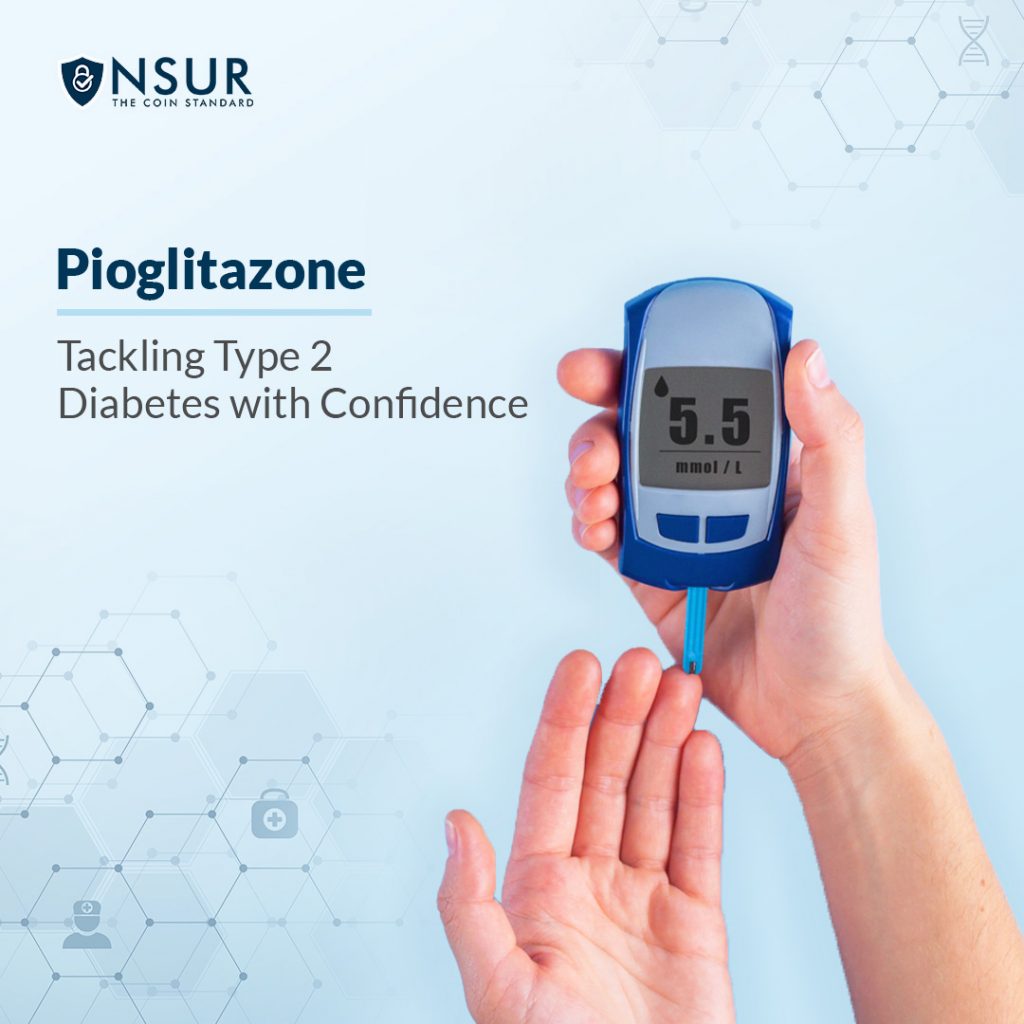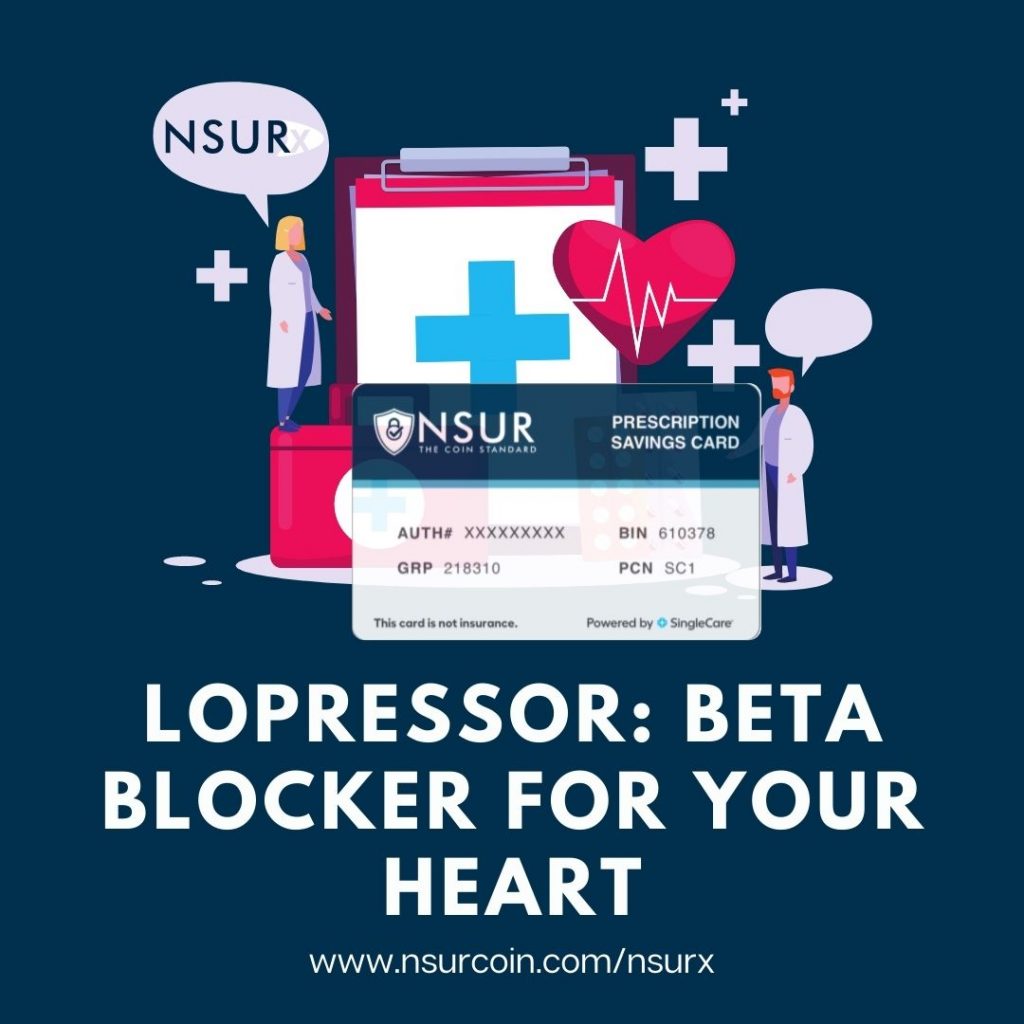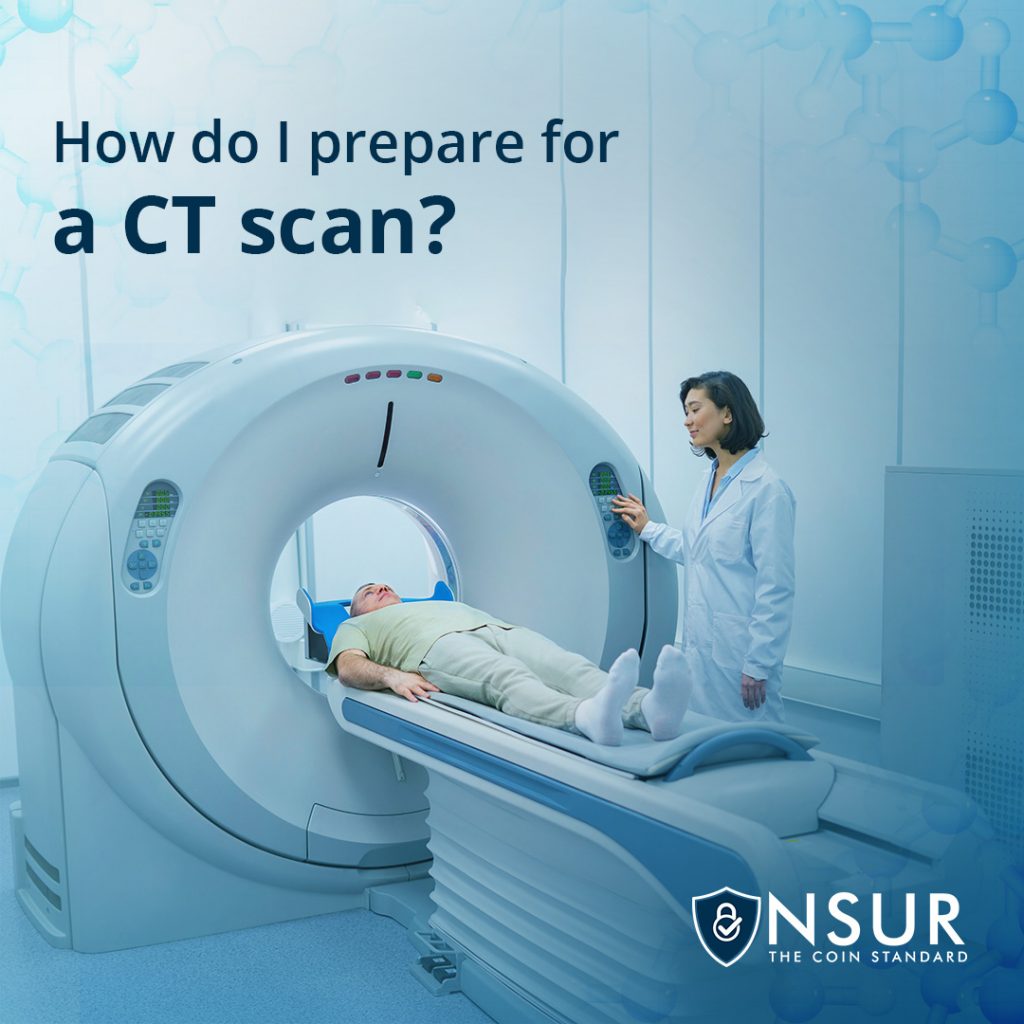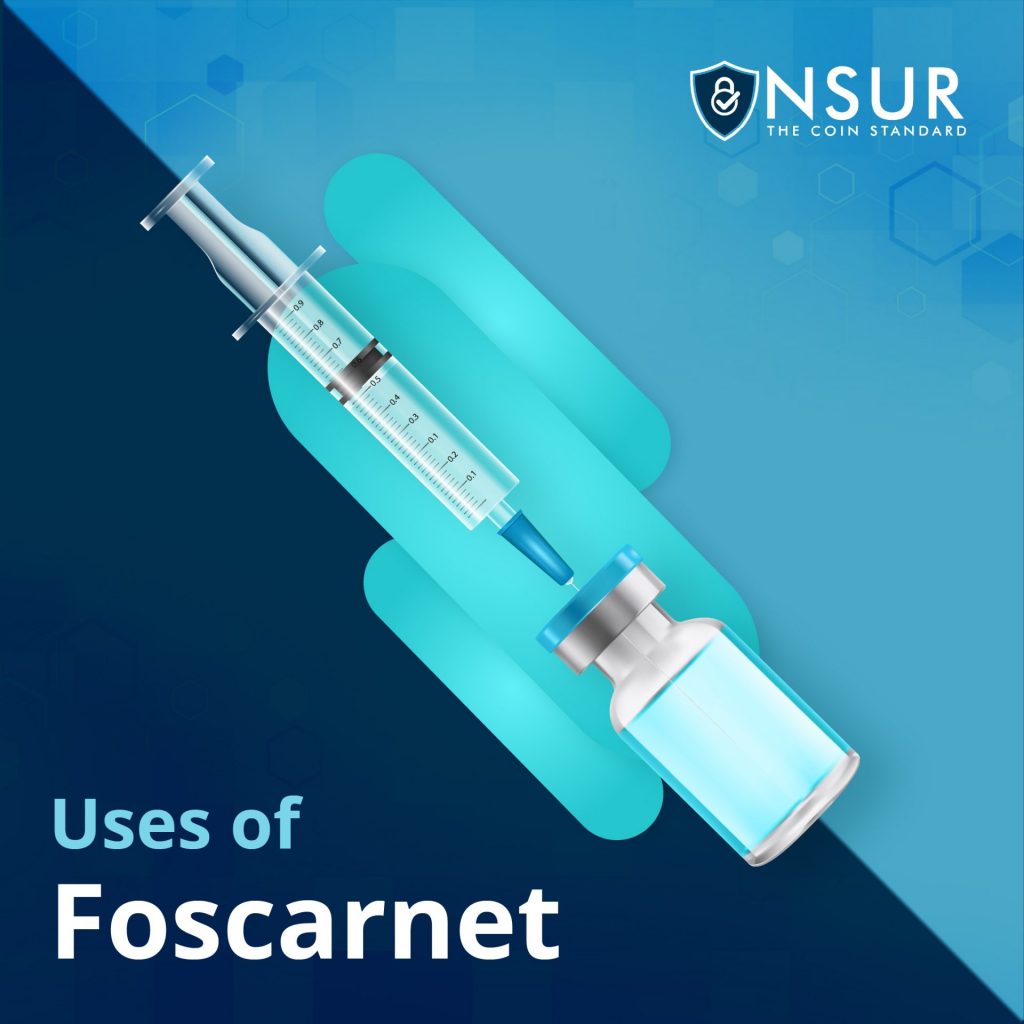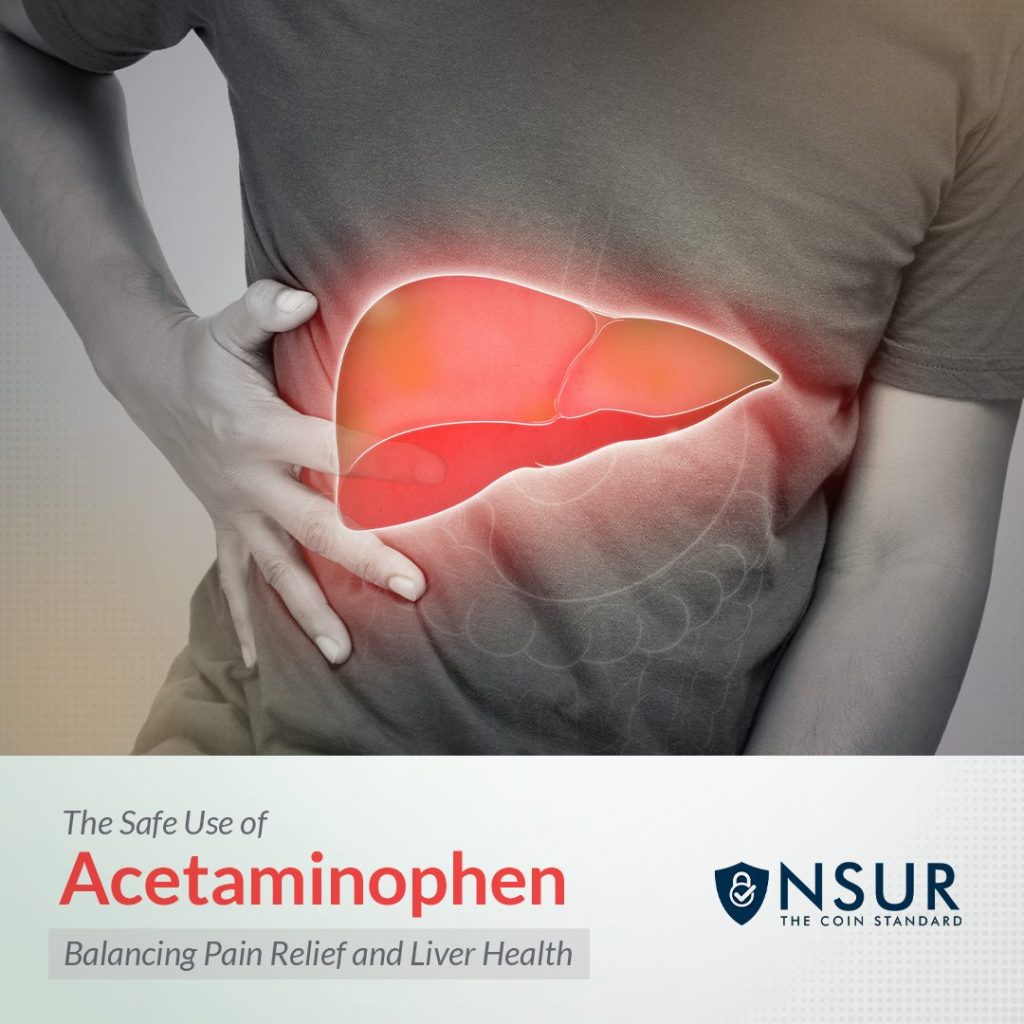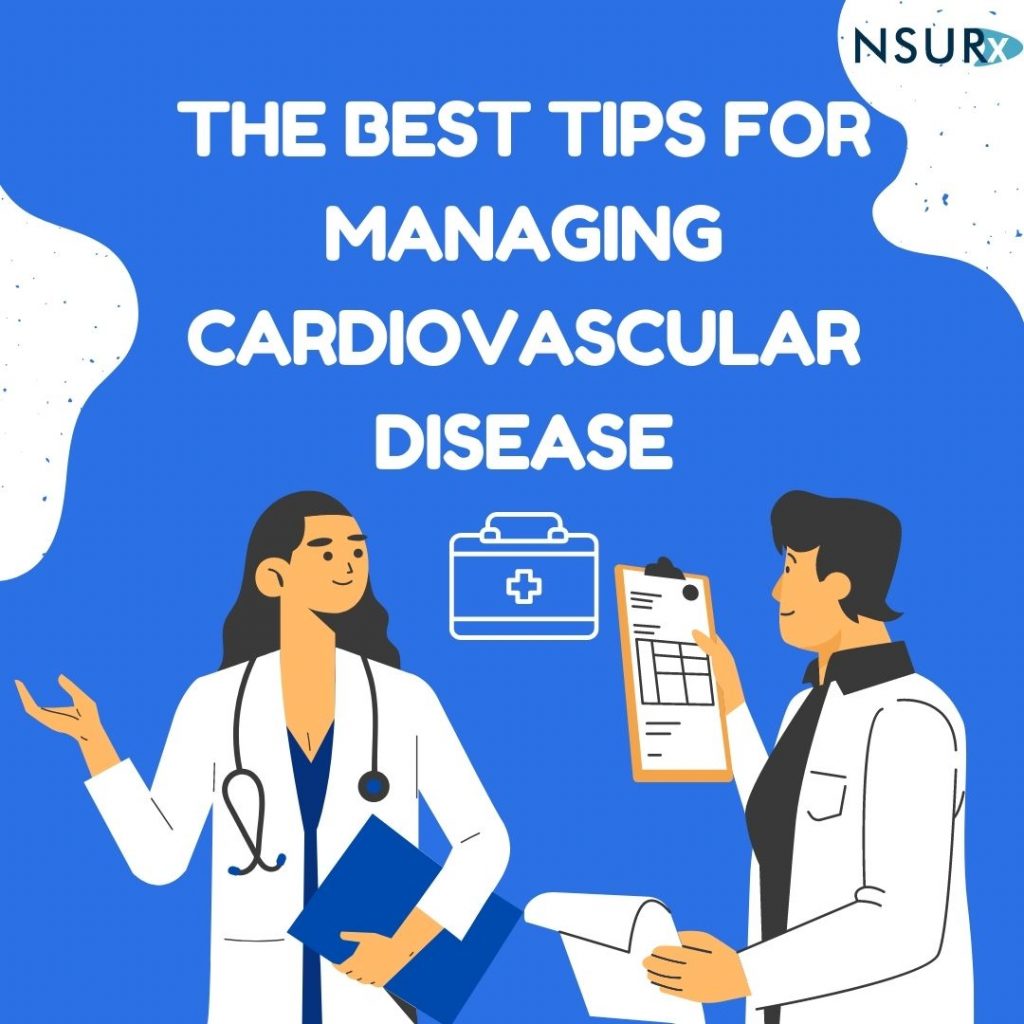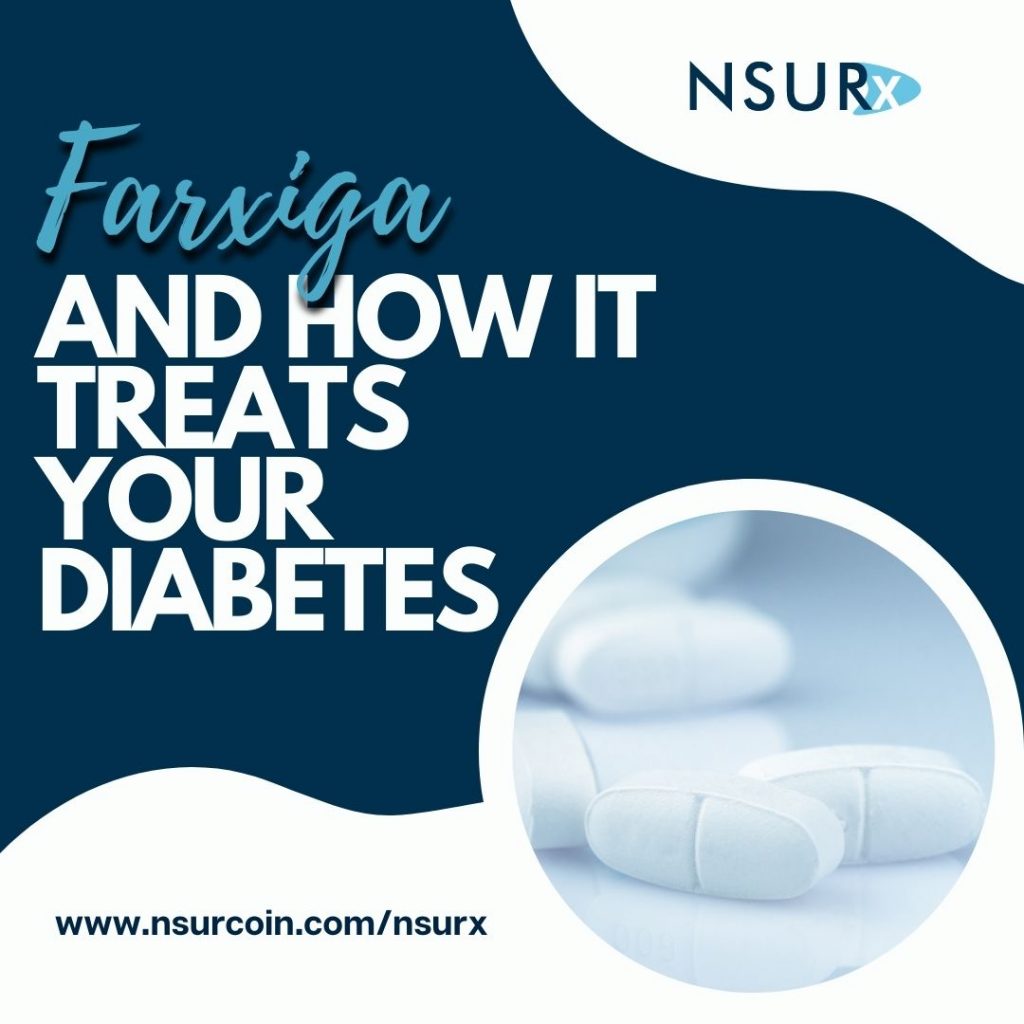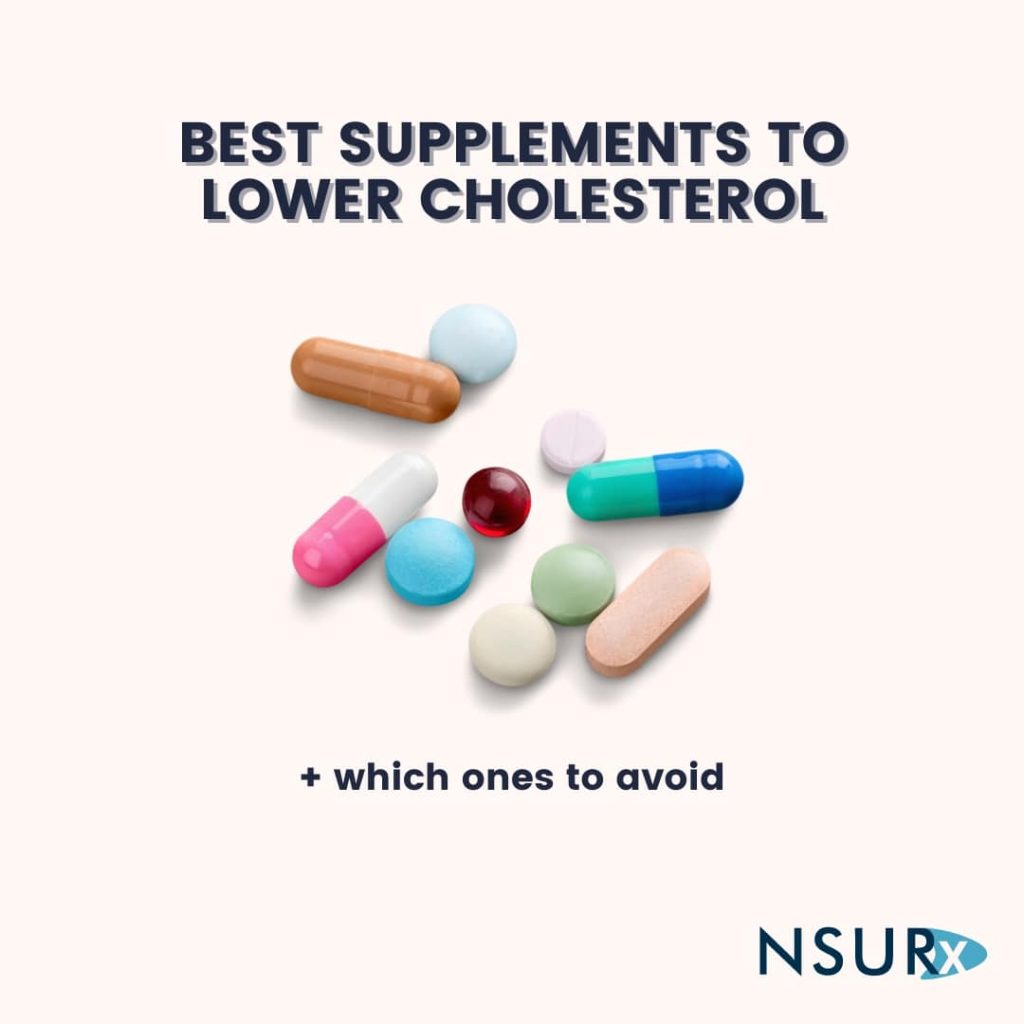
Supplements are substances you can take to increase your nutrient intake and reduce your risk of developing cholesterol, health problems and heart-related issues
While any non-prescription treatment or supplement should be discussed with your physician before you start taking them, there are some supplements you can consider to help lower your cholesterol (as well as some you should avoid!).
Supplements that may be of benefit include:
- Immediate-release Niacin
- Soluble Fiber
- Fish Oil
- Psyllium supplements
- Phytosterols
- Soy protein
Supplements that should be avoided are:
- Sustained-release Niacin
- Garlic
- Red yeast rice
These supplements have been linked to liver damage and have no evidence to support their use in lowering cholesterol levels.
“Good” Supplements to Lower Cholesterol
Immediate-release Niacin
When you take Immediate-release (IR) niacin, the entire dose is absorbed into your bloodstream as soon as you swallow it.
Some bottles may not specify whether the product is “immediate-release” or “sustained-release.” It’s usually an IR product if the label doesn’t specify otherwise.
Niacin can help maintain a healthy cholesterol level in two ways:
- When high-density lipoprotein (HDL) levels are too low, Niacin can help boost them by preventing them from being removed by liver cells, allowing the body to retain more of them.
- For people with high cholesterol, taking Niacin can reduce the number of fatty acids removed from fat storage, thus reducing the amount of low-density lipoprotein (LDL) produced.
Soluble fiber
Fiber helps lower cholesterol, stabilize blood sugar and aid in weight loss. It also lowers your risk of heart disease.
Soluble versus insoluble fibers must be differentiated in order to avoid confusion. Consumption of soluble fiber lowers triglyceride absorption in the body.
The following are the daily fiber recommendations:
- Men 50 and under: 38 grams
- Men over 50: 30 grams
- Women 50 and under: 25 grams
- Women over 50: 21 grams
The good news is that you probably already consume soluble fiber in the following foods:
- Orange: 1.8 grams
- Pear: 1.1 to 1.5 grams
- Peach: 1.0 to 1.3 grams
- Asparagus (1/2 cup): 1.7 grams
- Potato: 1.1 grams
- Whole wheat bread (1 slice): 0.5 grams
- Oatmeal (1 1/2 cups): 2.8 grams
- Kidney beans (175 milliliters, or about 3/4 cup): 2.6 to 3 grams per serving
Omega-3 fatty acid-rich fish oil supplements
Omega-3 fatty acids, found in fish, have long been thought to help reduce the risk of developing heart disease.
Salmon, tuna, lake trout, herring, sardines, and other fatty fish are excellent sources of omega-3 fatty acids. Natural fish and fish oils contain omega-3 fatty acids as well.
Omega-3 fatty acids may benefit the heart in a variety of ways:
- Decreasing the heart rate
- Encouraging regular blood pressure readings and improving blood vessel health
- Heart failure prevention
Psyllium supplements
Psyllium husks, from which psyllium fiber is derived, are harvested from the Plantago ovata seed. You can take it orally or add it to your favorite drinks or meals.
Regular consumption of psyllium has been shown to significantly lower cholesterol levels by 4.7% and 6.7% Additionally, it alleviates constipation and may help people with diabetes manage their blood sugar levels.
Phytosterols
Phytosterols are plant-derived waxes that have health-promoting properties. Your intestines cannot absorb cholesterol when you take them. Whole grains, nuts, fruits, and vegetables are all sources of these nutrients.
There has been an increase in phytosterols in foods like margarine and yogurt by food manufacturers. That’s right: You can eat foods high in cholesterol and at the same time reduce the cholesterol’s impact, at least a little!
Soy protein
Soybeans and soy-based foods can help lower low-density lipoprotein (LDL) cholesterol slightly.
Tofu, soy milk, and steamed soybeans are high in lean protein, so eating them instead of fatty foods like beef can help lower your total cholesterol.
A note about supplements and cholesterol
While some supplements have promising evidence that they can help lower your cholesterol, none have demonstrated the same effect as cholesterol-lowering medications. Make sure you talk to your doctor about supplements, prescription medications and lifestyle changes for the best cholesterol-lowering results.
“Bad” Supplements to Avoid
Sustained-release Niacin
Sustained-release (SR) niacin is a type of niacin that releases niacin over time rather than all at once.
The SR form will take longer than the IR form to clear the body. As a result, SR nicotinic acid is associated with a risk of vitamin toxicity. It’s possible that this will harm your liver.
Red yeast rice:
Red yeast rice is a Chinese medicine that has received widespread praise for its ability to lower cholesterol levels in the body significantly.
Contrary to popular belief, most red yeast rice contains a different substance called monacolin K, which has been flagged for further study by the FDA.
Garlic:
Garlic has been used as a medicinal herb and is widely used for its alleged cardiovascular benefits, such as lowering blood pressure and cholesterol levels.
Garlic is linked to a number of side effects and drug interactions. Bad breath and body odor, upset stomach, and heartburn are the most common side effects.
Cautions
Please consult your doctor before using any natural remedy to ensure safety and effectiveness for your lifestyle and health conditions.
It’s typical for cholesterol-lowering treatment plans to include lifestyle changes like those above. The use of herbs and other supplements, on the other hand, should only be done after consulting with a medical professional before beginning. Individuals taking herbal supplements may experience unwanted and potentially dangerous side effects, interacting with other medications.
NSURx offers Cholesterol Supplements at a Discount.
Common cholesterol supplements have high out-of-pocket costs, ranging from $29.95 to $500 USD. With the NSURx Prescription Benefit Card, you can save money on prescriptions by shopping at over 35,000 pharmacies across the United States.
Using an NSURx card can help you save up to 80% off the retail price of your cholesterol supplements.
The more you shop with NSURx, the more NSUR Coin you’ll get back in your wallet. You can then use those tokens to make additional purchases on our online shopping platform for health and wellness-related items.
